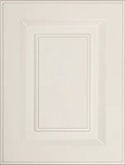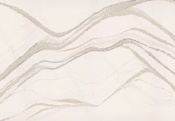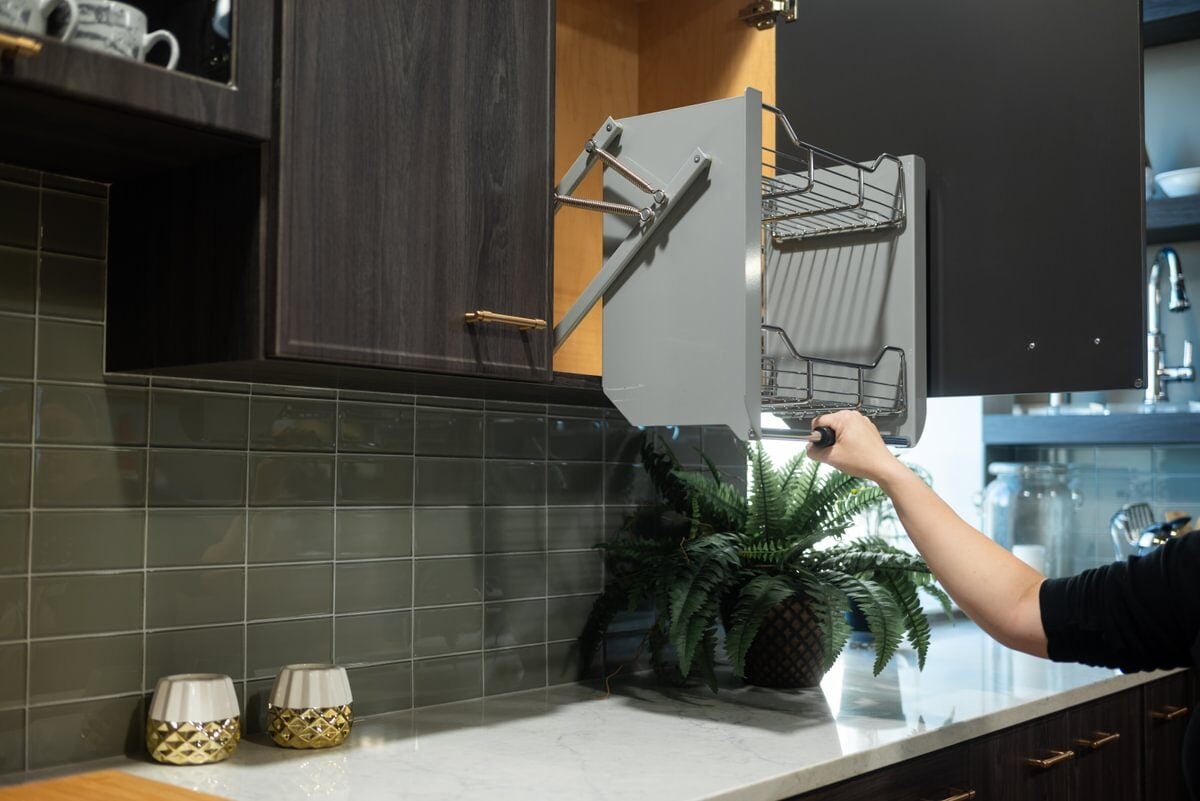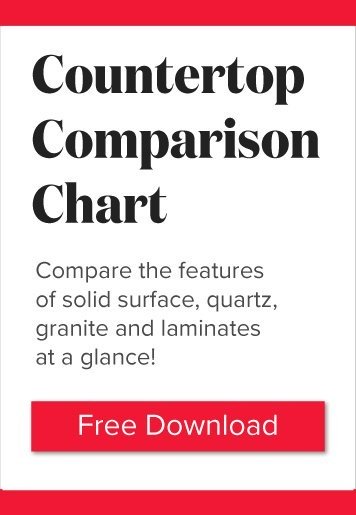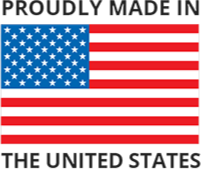If you're looking to design a sustainable kitchen, you might find yourself choosing between two eco-friendly countertop options: Corian and Cambria. Both are certified as "green" by National Green Building Certification programs and offer a variety of colors and patterns. Their non-porous surfaces also make them highly hygienic.
If you're unsure which option is best for your home, consider reaching out to reputable kitchen design contractors in your area for expert advice.
Which countertops holds the best?
Before we get into direct comparisons, let's talk a little about each product.
Corian
Corian countertops crafted by DuPont, have been around for nearly fifty years. They're made by blending natural minerals with binding resins, resulting in a non-porous, durable surface that's perfect for countertops. With 110 colors and patterns available, Corian offers plenty of customization options. It's often chosen for creating matching or complementary sinks and cutting boards alongside the countertop
Cambria
Then, there are Cambria countertops made from quartz, one of the hardest and most abundant minerals on Earth. These countertops are made by combining quartz with resins, along with other pre- and post-consumer materials, creating stunning, non-porous surfaces. Unlike natural stone, these countertops offer a consistent pattern throughout. With 120 different styles available, there’s a perfect match for any décor.
So, which one is right for your kitchen countertop?
Corian vs. Cambria: The Showdown
When it comes down to it, the decision between Corian and Cambria countertops may simply be a personal aesthetic preference. They are neck-and-neck in almost any given category.
Here are some areas where we find them to be quite similar:
- Hardness: Both surfaces are extremely hard, making them highly resistant to chips and cracks.
- Hygiene: Their non-porous nature prevents dirt, grime, mold, and bacteria from getting inside the countertop, keeping the surface clean and safe.
- Stain resistance: Because they don't have pores, even tough spills like red wine or marinara sauce can be wiped away without leaving a stain.
Here are some of the areas where they differ:
- Appearance: If a seamless look is important to you, Corian takes the top spot. When the pieces are installed, a color-matching epoxy is used to seal joints so there is hardly a seam in sight. Cambria, on the other hand, is installed more like natural stone slabs so there is mild seam visibility.
- Durability: Here, first prize goes to Cambria; quartz is hard, and it's almost impossible to scratch, chip or crack this product. That being said, Corian is pretty tough too, so it's a close second.
- Repairability: Corian surfaces can be scratched but they are also easy to buff out to make them look like new. If your Cambria surface is damaged, it will be harder to repair or cover up.
- Heat resistance: Cambria countertops can handle hot pots being transferred directly from the stove or oven to the countertop. While Corian handles high heat (up to 212°F), it can be damaged by excess heat or direct flame.
- The elegance factor: Cambria Quartz is gorgeous. If you loved the idea of Granite slab but not the ecological and less-desirable aspects that come along with it, we bet you'll love the high-end and elegant aesthetic of Cambria quartz countertops.


